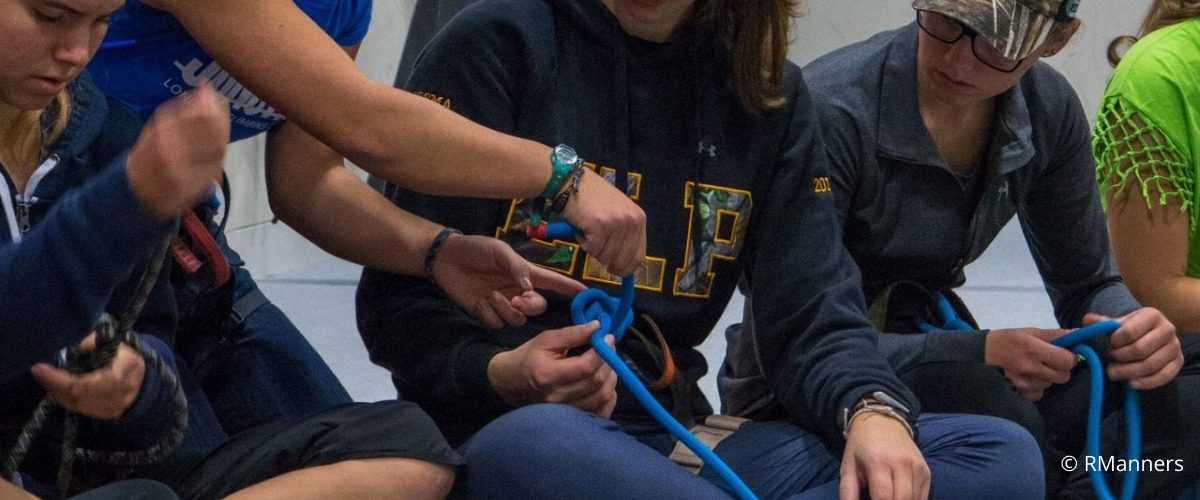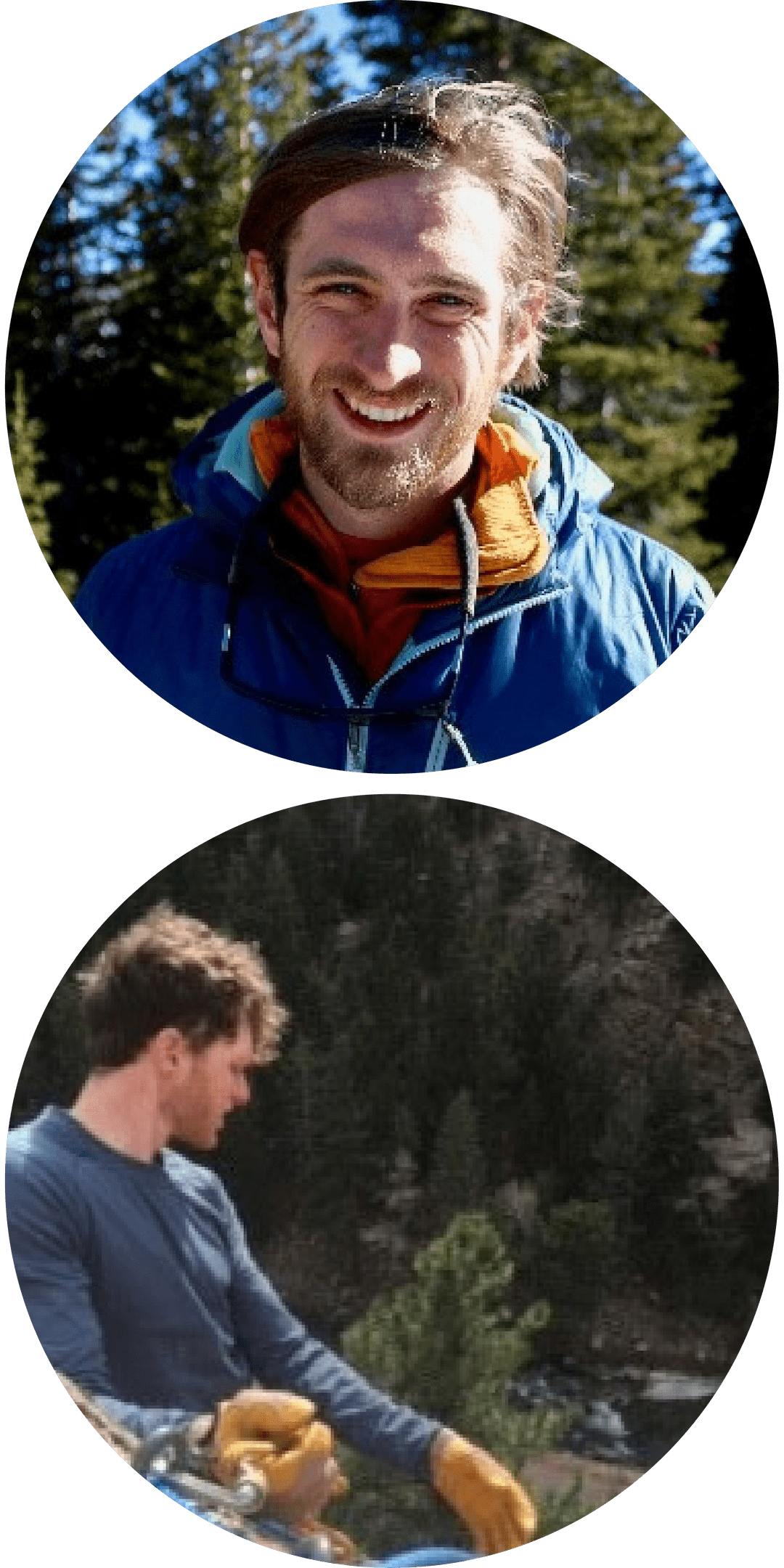Specific Activities for Specific Outcomes

When planning a climbing season, climbing camp session, or any type of climbing program, the first thing to consider is desired outcomes. In other words, what are the goals you as the coach would like to see your participants reach?
By identifying outcomes at the beginning stages of planning, a coach creates metrics to measure a program’s effectiveness, as well as a programmatic map with a clear destination. This map should consist of incremental waypoints, which participants attain through the experience of engaging in the program. Thus, it is important that the exercises, games, and activities planned and facilitated by the coach are picked and used strategically in order to meet these specific outcomes.
Some activities and exercises are inherently effective in challenging specific skills and can be plugged into a program without much thought. For example, a simple campus board session, when facilitated with safety in mind, should have a positive effect on the strength of the participant. Similarly, a game of Mingle Warm Up will have an icebreaking effect with a new group.
Compiling a resource of starting points for building out competitive or recreational programs can go a long way in making program planning more manageable for coaches. However, a quality climbing program must aim to achieve a wide variety of learning outcomes in order to keep its participants engaged. Preparing novel activities to address each desired learning outcome for every practice is a monumental challenge.
For this reason, it is important to understand that using specific activities creatively can challenge the participants in different ways, leading to different outcomes. Depending on the way it is facilitated, a game of Add On can challenge a broad array of specific skills and can be a stepping stone.
Saving time is a major benefit to this approach – both during program planning and during the program itself. A common issue that we hear about is the lack of planning time afforded to coaches. Being able to facilitate a common activity toward different outcomes saves the coach the hassle of thinking of or inventing an entirely novel activity.
When participants are familiar with an activity, you save time instructing and preparing them. With simple modifications to an activity's parameters, virtually any activity can be a waypoint to any outcome whether it be technical or social. It takes practice to gain confidence in this style of facilitation, but it can be highly effective, saving time and reducing stress for the coach.
There will always be tried and true activities that have proven effective when it comes to strength and technical skill-building. Keep your programs moving in the right direction with these tips:
- Create an extensive toolbox of activities to choose from
- Learn how to choose the correct ones for your use cases
- Be willing to adapt familiar activities for a variety of outcomes
SAMPLE ACTIVITY: Rock-Paper-Scissors Traverse Relay
This game is an example of an activity that can be used to achieve specific outcomes.
Category: Team Building, Skill Building
Objective: Two teams compete to be the first to reach the other team’s “Base”.
Equipment Needed: Traverse wall
Rules:
- Climbers are divided into two teams.
- Each team forms a line at opposite ends of the traverse wall.
- When the coach says “GO” the first climber on each team grabs the designated Start Hold or “Base” and begins traversing towards the other team’s “Base”.
- When the two climbers meet, they play a quick game of Rock-Paper-Scissors while remaining on the wall.
- The winner of RPS continues to traverse while the other climber steps off the wall.
- The team whose climber did not win sends the next climber in line to grab the “Base” hold and begin traversing toward the other climber.
- This process continues until one team wins by reaching the other team’s “Base” hold.
By modifying known activities to fit specific training goals, coaches save time, stress, and create a more structured – and oriented – plan for their climbers to succeed.
About the Headwall Group
 The Headwall Group distills the lessons learned as educators and leaders working in dynamic and high risk environments and brings them to youth-serving organizations. The Headwall group provides trainings, consultation, and curriculum development services that are rooted in our experience as outdoor experiential educators for climbing gyms, summer camps, and schools.
The Headwall Group distills the lessons learned as educators and leaders working in dynamic and high risk environments and brings them to youth-serving organizations. The Headwall group provides trainings, consultation, and curriculum development services that are rooted in our experience as outdoor experiential educators for climbing gyms, summer camps, and schools.
The Headwall Group was founded by Bix Firer and Pat Brehm. Bix Firer (MA, University of Chicago) is currently the Director of Outdoor Programs at College of Idaho and has worked as a wilderness educator, trainer, facilitator, and experiential educator for over a decade. Pat Brehm works as a professional organizational trainer and has spent his career as a climbing coach, facilitator, and outdoor educator.
